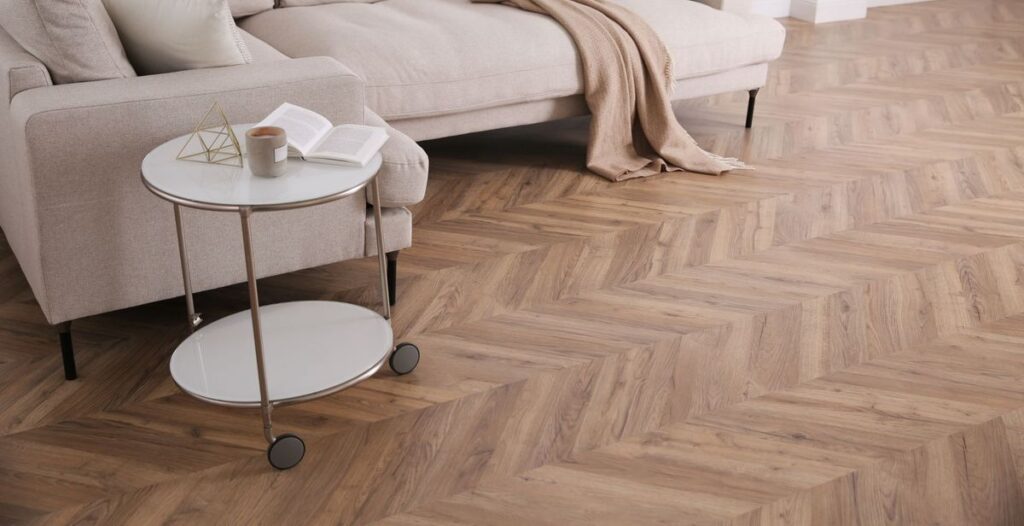
Vinyl flooring is a popular choice for homes and businesses in Singapore due to its durability, versatility, and affordability. However, concerns about environmental sustainability have prompted a growing interest in eco-friendly practices and materials for vinyl flooring installation. This discussion explores the adoption of eco-friendly practices and materials in Professional Vinyl Flooring Installation in Singapore, focusing on their benefits, challenges, and implications for the environment.
Benefits of Eco-Friendly Vinyl Flooring:
Reduced Environmental Impact:
Eco-friendly vinyl flooring materials, such as recycled content or bio-based polymers, help reduce the consumption of natural resources and minimize waste generation. By utilizing sustainable materials and manufacturing processes, eco-friendly vinyl flooring contributes to lower carbon emissions and decreased environmental pollution.
Improved Indoor Air Quality:
Conventional vinyl flooring products may contain volatile organic compounds (VOCs) and harmful chemicals that contribute to poor indoor air quality. Eco-friendly vinyl flooring options are designed to emit fewer VOCs and allergens, creating a healthier indoor environment for occupants, particularly those with respiratory sensitivities or allergies.
Long-Term Sustainability:
Eco-friendly vinyl flooring materials are often designed to be more durable and long-lasting than traditional vinyl products. This durability minimizes the need for frequent replacement and reduces the overall environmental footprint associated with flooring maintenance and disposal.
Eco-Friendly Practices in Vinyl Flooring Installation:
Sustainable Sourcing: Professional flooring installers in Singapore can prioritize sourcing eco-friendly vinyl flooring materials from manufacturers committed to sustainable practices, such as using recycled content, renewable resources, or low-emission manufacturing processes.
Waste Reduction: Eco-friendly installation practices focus on minimizing waste generation and promoting responsible disposal of materials. This may include optimizing material cutting and usage, recycling or repurposing leftover materials, and adhering to local waste management regulations.
Energy-Efficient Installation Techniques: Professional installers can adopt energy-efficient installation techniques to minimize energy consumption during the installation process. This may involve using energy-efficient tools and equipment, optimizing installation schedules to reduce energy usage, and maximizing the efficiency of transportation and logistics.
Conclusion:
Professional vinyl flooring installation in Singapore can embrace eco-friendly practices and materials to promote environmental sustainability, improve indoor air quality, and enhance long-term durability. By prioritizing sustainable sourcing, waste reduction, and energy-efficient installation techniques, professional installers can contribute to the adoption of eco-friendly flooring solutions and meet the growing demand for environmentally conscious options in the market. As consumer awareness and regulatory standards continue to evolve, the adoption of eco-friendly practices in vinyl flooring installation will play a crucial role in shaping the future of sustainable building practices in Singapore.




